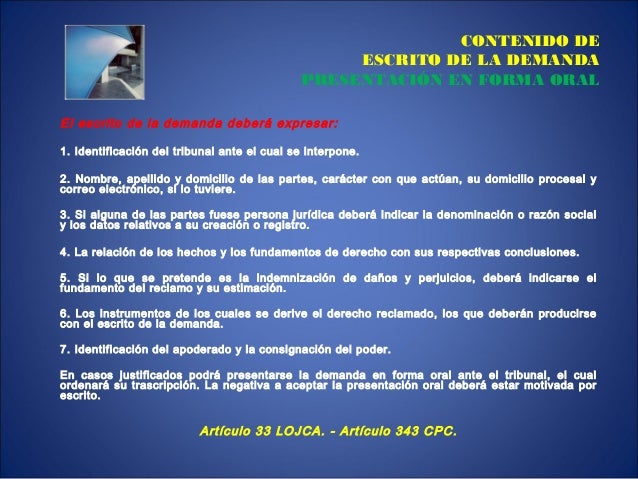
Coming from a very slow start with about no known local legislation or international convention or treaty, IEL has emerged as the most dynamic aspect of international law growing in leaps and bounds and almost eclipsing the customary sources of international law. International Environmental Law (IEL) has blossomed into a separate branch of international law despite its slow start, and is now replete with principles that govern environmental issues times. One of the features of international law is the outstanding progress of law governing the environment in recent. Although it is acknowledged that in international environmental law the challenge to reach a "critical mass" of recognition and support for an 'actio popularis' for environmental damage is particularly demanding, it is worth the try.


Thus, this paper looking at specific cases of harmful degradation of the environment by certain multinationals transcending national boundaries, argues that it is high time for serious consideration of the application of the action popularis to environmental concerns. However, unlike the defence of the global commons in cases of terrorism and genocide, there is still to be a clear application of actio popularis in the case of the environment, despite acknowledgement that the effect of the activities of several multinationals on the environment is as destructive to the global commons as genocide or terrorism are. In recent years the International Community has seen a rise of what can be termed as 'actio popularis" that is to say lawsuits brought by third parties in the interest of the public or the world community as a whole, such as in cases of genocide and terrorism prosecutions under international law.


 0 kommentar(er)
0 kommentar(er)
